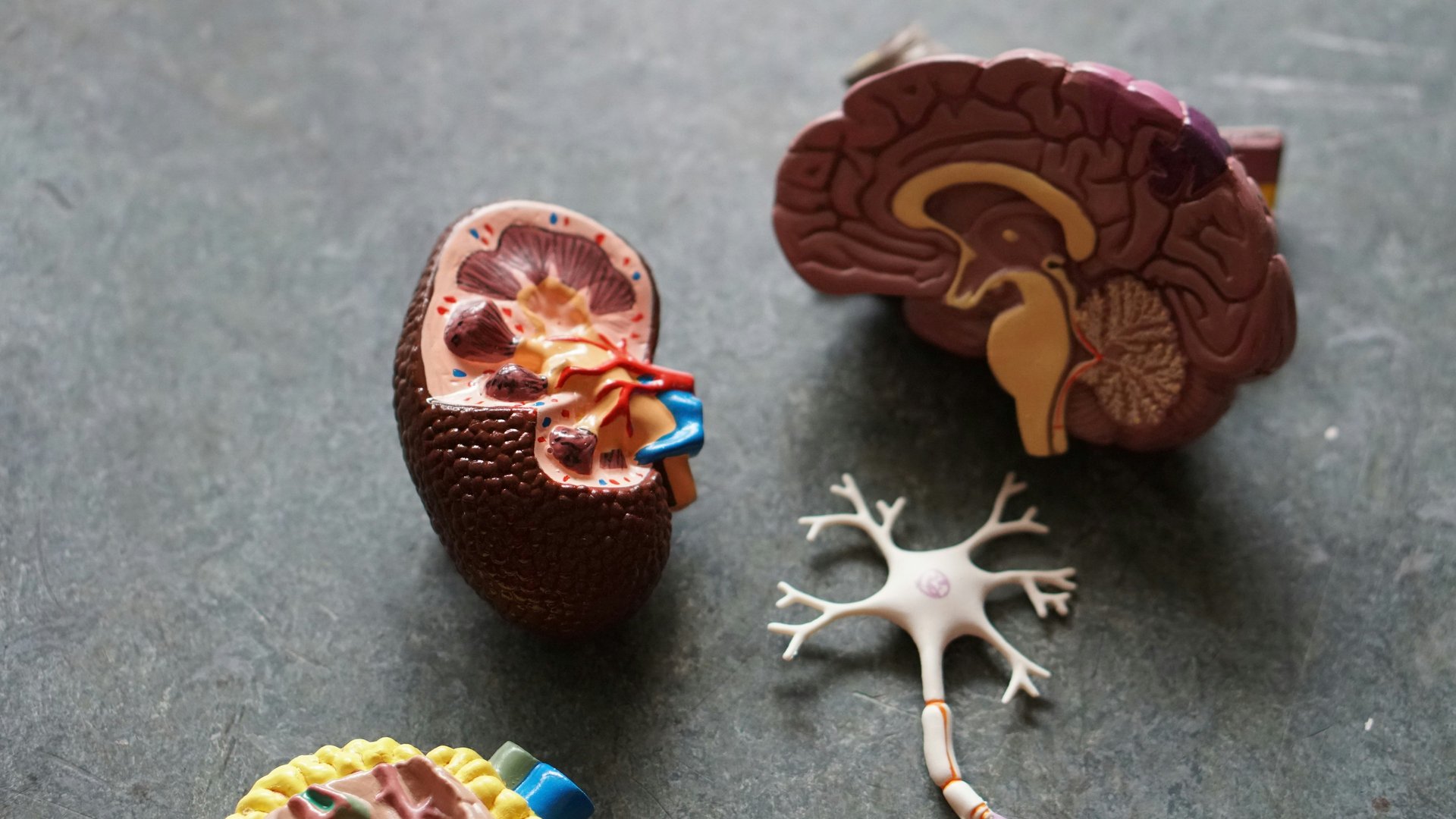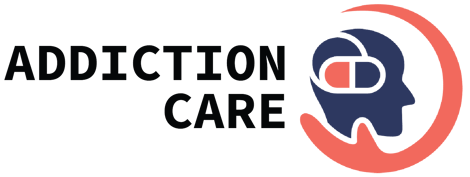
Breaking the Stigma: Understanding Addiction as a Disease, Not a Moral Failure
Explore the scientific perspective that defines addiction as a chronic brain disease, challenging outdated moral judgments and emphasizing the importance of compassionate, evidence-based approaches to treatment and recovery. Understanding addiction is key.
DRUG ADDICTIONALCOHOL ADDICTION
1/2/20252 min read
Addiction has long been shrouded in stigma, often perceived as a moral failing or a lack of willpower. However, advancements in neuroscience and psychology have redefined addiction as a complex brain disease, necessitating a shift in societal attitudes and treatment approaches.
Addiction as a Brain Disease
The National Institute on Drug Abuse (NIDA) defines addiction as a chronic, relapsing disorder characterized by compulsive drug seeking, continued use despite harmful consequences, and long-lasting changes in the brain. These alterations affect areas involved in reward, motivation, learning, and self-control, underscoring the pathological nature of the condition.
National Institute on Drug Abuse
Research has demonstrated that repeated substance use disrupts the brain's dopamine system, which regulates feelings of pleasure and reward. This disruption leads to diminished sensitivity, requiring individuals to consume larger amounts to achieve the same effect, thereby reinforcing the cycle of addiction.
Challenging the Moral Model
Historically, addiction was viewed through a moral lens, with individuals facing judgment and blame for their inability to quit. This perspective not only perpetuated stigma but also hindered access to effective treatment. Recognizing addiction as a disease shifts the focus from blame to understanding, promoting empathy and support for those affected.
The U.S. Surgeon General's report emphasizes that addiction is not a character flaw but a chronic illness requiring medical intervention and compassionate care. This paradigm shift is crucial for developing public health strategies that address the root causes of addiction and provide appropriate support for recovery.
Implications for Treatment and Recovery
Viewing addiction as a disease has significant implications for treatment approaches:
Medical Interventions: Medications can be used to manage withdrawal symptoms, reduce cravings, and treat co-occurring mental health disorders, facilitating a more comprehensive recovery process.
Behavioral Therapies: Cognitive-behavioral therapy (CBT) and other evidence-based practices help individuals understand and modify their behaviors, develop coping strategies, and address underlying psychological issues contributing to addiction.
Support Systems: Recognizing the chronic nature of addiction underscores the importance of ongoing support, including counseling, peer support groups, and community resources, to maintain long-term recovery.
Reducing Stigma Through Education
Education is pivotal in transforming societal perceptions of addiction. By disseminating accurate information about the neurobiological underpinnings of addiction, we can dispel myths and reduce discrimination against those affected. NIDA highlights that stigma can impede individuals from seeking treatment, and addressing it is essential for improving public health outcomes.
National Institute on Drug Abuse
Conclusion
Understanding addiction as a chronic brain disease rather than a moral failing fosters a more compassionate and effective approach to treatment and recovery. By embracing this perspective, we can develop supportive environments that encourage individuals to seek help, facilitate access to comprehensive care, and ultimately, reduce the prevalence and impact of addiction in society.
Subscribe to our newsletter
Contact Us
+1 (619)616-2517
info@addictionrehabtexas.com
15015 Westheimer Rd
Suite I-2-193
Houston, TX 77082


